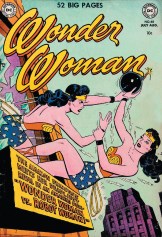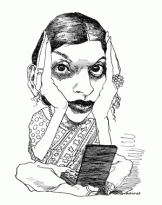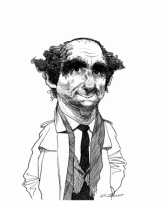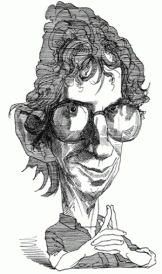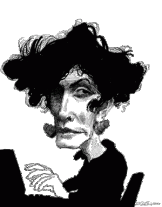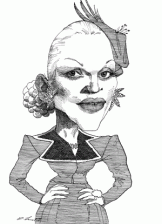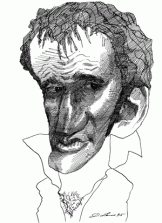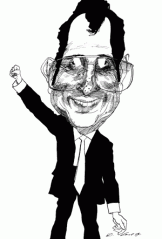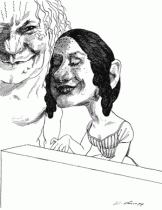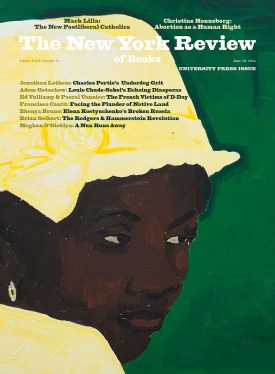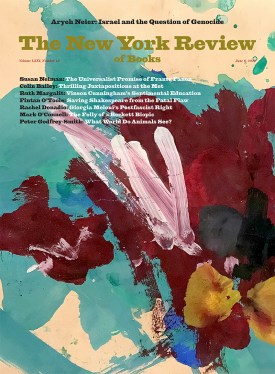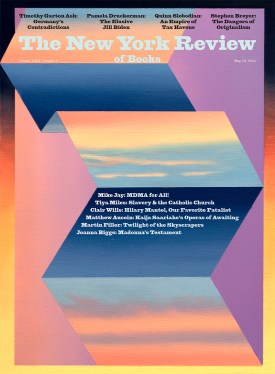Beauty Disturbed: Almodóvar’s Broken Embraces
In the summer of 1989, I spent several weeks in Madrid. It was my first time out of the United States, and I was overwhelmed by the shock of difference: the life-giving daily approach to time; the ghost dregs of imperial supremacy; the post-Franco traces of bleak limbo that were thankfully almost done eroding; the particular charisma, not quite the same as what I had absorbed from so far away, in books and movies, as “European charm.” There was a pop soundtrack to that summer, an album that had come out months earlier but was still at its viral peak. One addictive song especially spilled out of windows onto plazas, with a stately beat and a girlish voice recalling (from the male point of view) an affair with a woman described as half-finished, with the body of a gypsy and “an eye here, a tooth there.”
